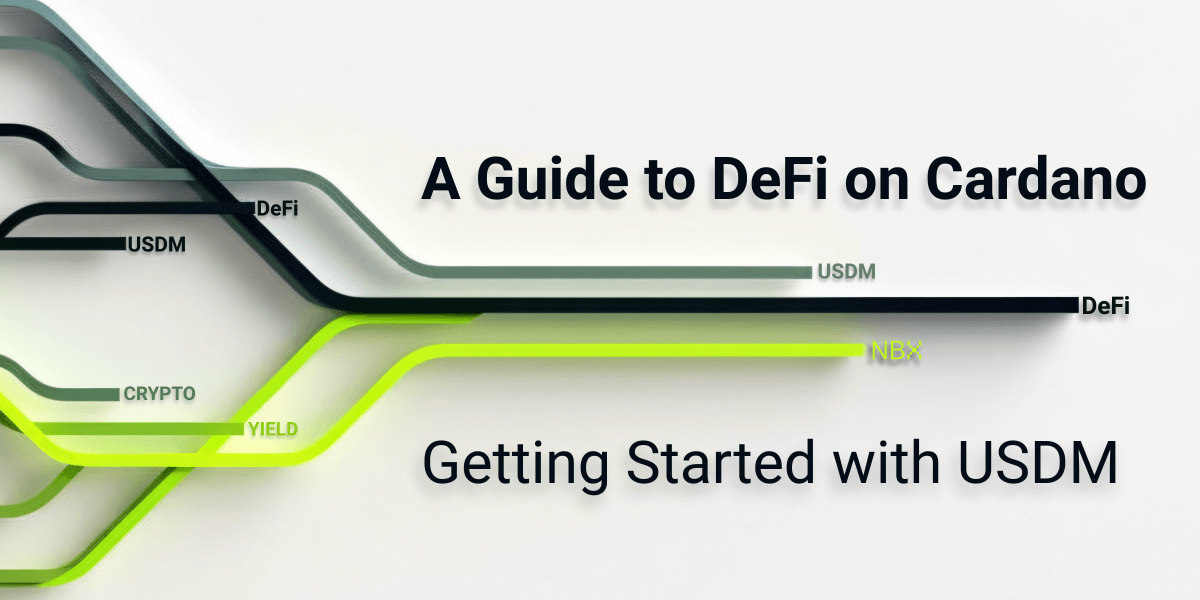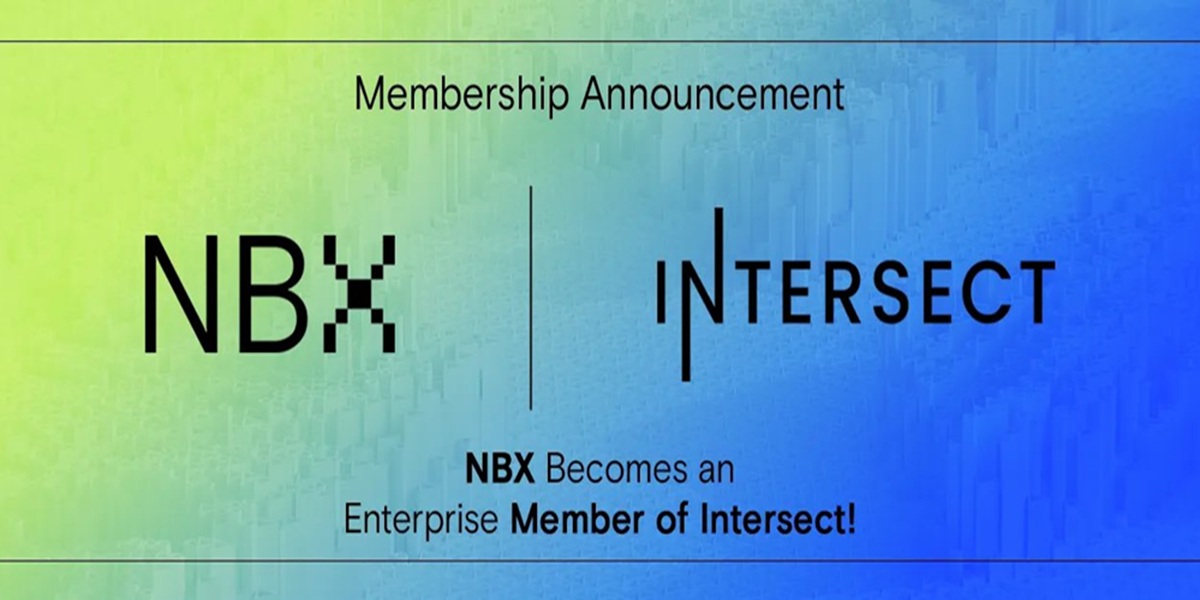Whether it is worth owning Ethereum or any other asset depends on a range of individual factors such as personal circumstances, risk tolerance, and investment goals.
However, it is important to note that Ethereum is a decentralized platform for building smart contracts and decentralized applications (DApps), which has gained significant attention and adoption in recent years. Many experts believe that Ethereum has significant potential to disrupt a range of industries, particularly in the areas of finance, gaming, and supply chain management.
Smart contracts are self-executing programs that automatically execute the terms of a contract when certain conditions are met. Ethereum is designed to be more flexible than Bitcoin, allowing developers to create a wide range of DApps and decentralized services that can be used in a variety of industries, such as finance, gaming, social media, supply chain management, and more.
Some real-world use cases of Ethereum include:
Overall, Ethereum's ability to support smart contracts and DApps makes it a versatile platform that has the potential to disrupt a wide range of industries and transform the way we do business.
In addition, Ethereum has a native cryptocurrency, ether (ETH), which is used to pay for transaction fees on the network and to incentivize validators in the upcoming transition to Proof of Stake (PoS) consensus algorithm.
As with any investment, it is important to conduct thorough research and seek professional advice before making any decisions, and to carefully consider the potential risks and rewards of investing in Ethereum or any other asset.
The article does not constitute financial advice.


